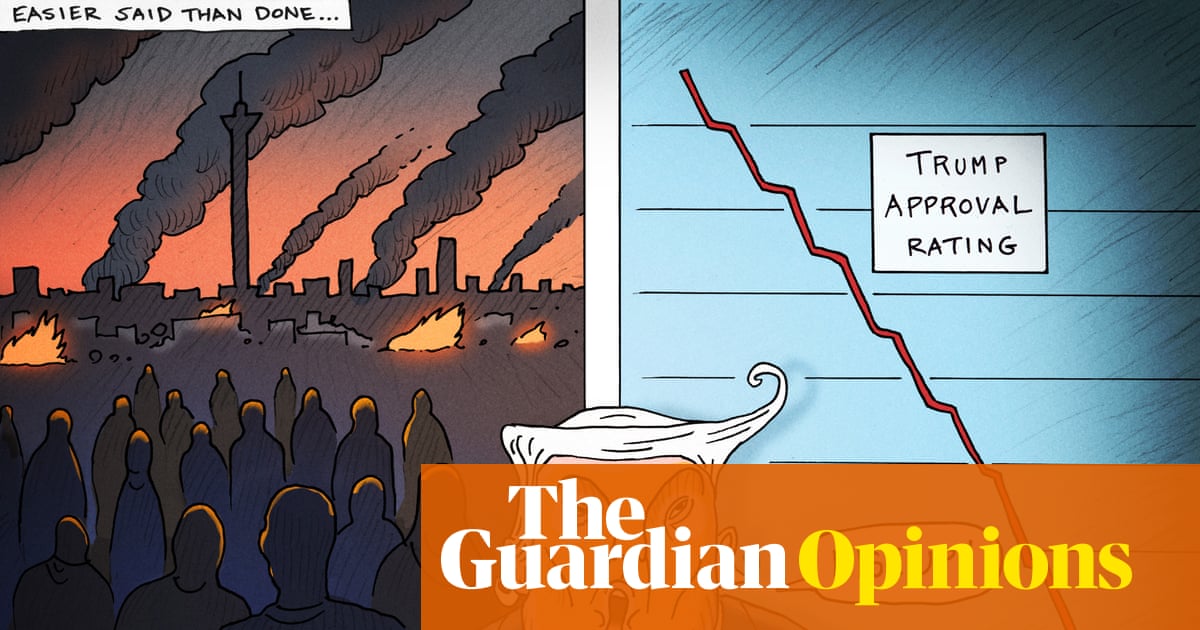An entrenched housing crisis was one of the dominant themes in last week’s Dutch election, and it is not hard to understand why. House prices in the Netherlands have doubled in the past decade, and a new-build home costs 16 times the average salary. Across the EU, affordability is not just a life-limiting problem in notoriously expensive property markets such as Lisbon, Madrid or Dublin. Speculative investment and a chronic supply shortage have also led to soaring prices in emerging areas where bigger, faster returns are attainable.
Belatedly, this pan-European pattern is to be addressed by a Europe-wide response. Socialist MEPs made action on housing a condition of their continued support for the two-term European Commission president, Ursula von der Leyen. Next month, Brussels will publish its first affordable housing plan, which will target the destructive growth of the Airbnb-style rental market and aim to make it easier for governments to subsidise the building of new homes.
That plan needs to be bold. As the first-ever EU housing commissioner, Dan Jørgensen, noted in an interview with this newspaper last month, spiralling house prices and rents constitute a modern social crisis. The inability of societies to provide a decent home for first-time buyers making their way in life, and the pricing out of key workers from areas where they contribute every day to the common good, breaches the social contract in the most basic way. Politically, the issue has become a recruiting sergeant for the anti-immigrant far right, as asylum seekers and migrants are scapegoated over a shortage which is in reality a market failure.
Brussels has previously enshrined a right to social housing for vulnerable people and those on very low incomes, but generally stayed out of housing policy. Mr Jørgensen, a Danish Social Democrat, is right to suggest that a crisis that now encompasses vast numbers of middle-income earners needs to be seen with “fresh eyes”. Among the options being considered is a revision of state aid rules to allow greater public investment alongside private capital. The commission should also listen to mayors from across Europe, who have jointly lobbied for government spending on affordable housing to be exempt from EU debt and deficit ceilings.
As a Guardian series of dispatches last year underlined, the origins of Europe’s housing crisis are multiple and complex. A growth in urban populations, and increased numbers of people living alone or in smaller family units, has played a part. The cumulative effects of the 2008 crash, the Covid pandemic and rising construction costs have disincentivised private developers. Perhaps most fundamentally, the financialisation of a property market in which housing is viewed primarily as a commodity, rather than as an essential public good, means profit has been prioritised over the interests of communities.
The result is an age of housing anxiety, which restricts the horizons and thwarts the aspirations of millions of people, especially the young. The ability to buy or rent an affordable home is the starting point for living a fulfilled life. But almost one in 10 of the EU population spend a crushing 40% or more of their disposable income on rent or mortgages. Having rightly identified the corrosive impact that this is having on the social fabric, and the related political peril, Brussels should be ambitious and radical in its proposals next month.
-
Do you have an opinion on the issues raised in this article? If you would like to submit a response of up to 300 words by email to be considered for publication in our letters section, please click here.

.png) 3 months ago
100
3 months ago
100

















































